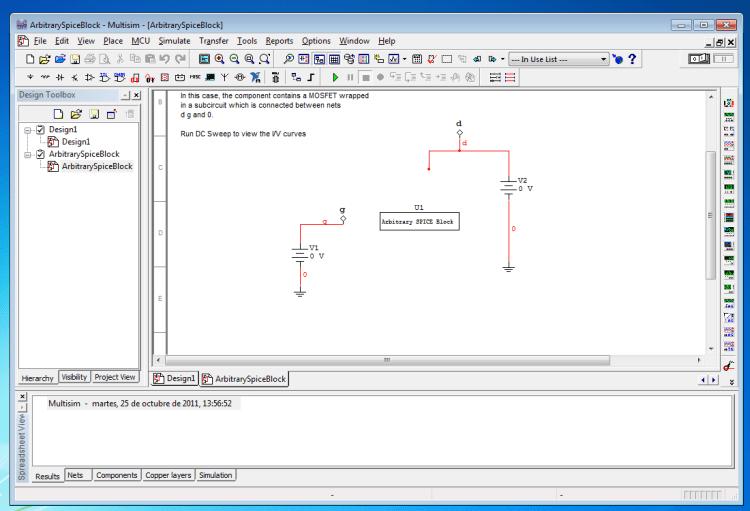

Moreover, we show that our models can be also successfully applied to other biomedical text in German. Result: The presented models provide promising results on in-domain data. The models are trained on a de-identified corpus of German nephrology reports. Approach: In order to address this situation, we introduce a workbench: a collection of German clinical text processing models.

This problem is even more evident for non-English languages. One of the main reasons is the sensitivity of the data. However, in the context of clinical text processing the number of accessible datasets is scarce - and so is the number of existing tools.

Publicly available implementations and tools can serve as benchmark and facilitate the development of more complex applications. Background: In the information extraction and natural language processing domain, accessible datasets are crucial to reproduce and compare results.


 0 kommentar(er)
0 kommentar(er)
